The Phoenix Tree: And Other Stories (Japan's Women Writers)

Summary
The stories in this collection have been acclaimed in Japan, but their appeal is universal. Each involves an orphaned adult, struggling since childhood to recover a sense of wholeness that seems lost in the past. The narrator of "Barefoot" returns from France to a Japan that had cast her out, unsure of whether she belongs anywhere. Mitsue, in the title story, must reexamine every assumption she has ever had about her life as she cares for her dying aunt and nurses a secret love for her married cousin. In "Mei Hua Lu" three generations of women link the protagonist to a long-ago death in a small Manchurian town. And in "The Flame Trees" a Japanese woman, pregnant with her first child in Southern California in the early I 960s, weighs her inner terror against the life of her baby. No plot summaries can really suggest the richness of Kizaki's prose, transmitted through the elegant, prizewinning translations of Carol A. Flath. The delicate layers of memory and experience that her words reveal create in the reader the sensation of participating in another person's dream. With the nuance and understated feeling of an Ozu film, these stories offer intimate glimpses of their characters' emotional lives that leave the reader wishing for more.
Similar Books
-
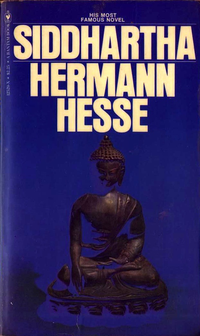 Siddhartha
Siddharthaby Hermann Hesse
-
 The Gathering
The Gatheringby Anne Enright
-
 This House of Sky: Landscapes of a Western Mind
This House of Sky: Landscapes of a Western Mindby Ivan Doig
-
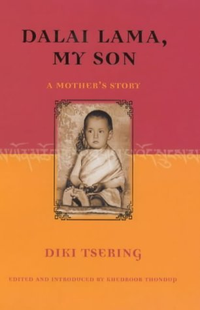 Dalai Lama, My Son
Dalai Lama, My Sonby Diki Tsering
-
 A Chant to Soothe Wild Elephants: A Memoir
A Chant to Soothe Wild Elephants: A Memoirby Jaed Coffin
-
 Dear Darkness: Poems
Dear Darkness: Poemsby Kevin Young
-
 Matters of Life & Death
Matters of Life & Deathby Bernard MacLaverty
-
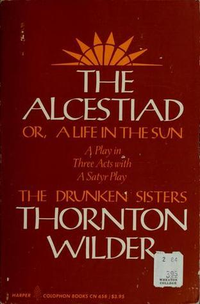 The Alcestiad: Or, A Life In the Sun
The Alcestiad: Or, A Life In the Sunby Thornton Wilder
-
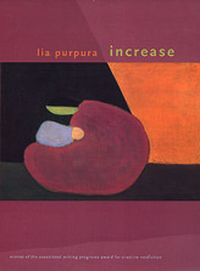 Increase
Increaseby Lia Purpura
-
 Pouring Small Fire
Pouring Small Fireby Susan Manchester
-
 Passport
Passportby Angela Hibbs
-
 The Observations of Aleksandr Svetlov
The Observations of Aleksandr Svetlovby Colette Bryce
-
 Long Girl Leaning into the Wind
Long Girl Leaning into the Windby Janet Fraser
-
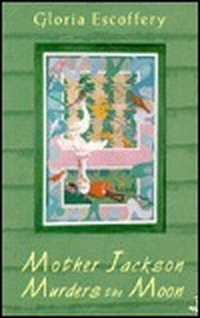 Mother Jackson Murders the Moon
Mother Jackson Murders the Moonby Gloria Escoffery
-
 Nothing Grows in One Place Forever: Poems of a Sicilian American
Nothing Grows in One Place Forever: Poems of a Sicilian Americanby Leo Luke Marcello
-
 Under The Burnt Leaves
Under The Burnt Leavesby Scott Faithfull
-
 Scizo-Whispers: My Autobiography
Scizo-Whispers: My Autobiographyby Antonia Urduja Roberts